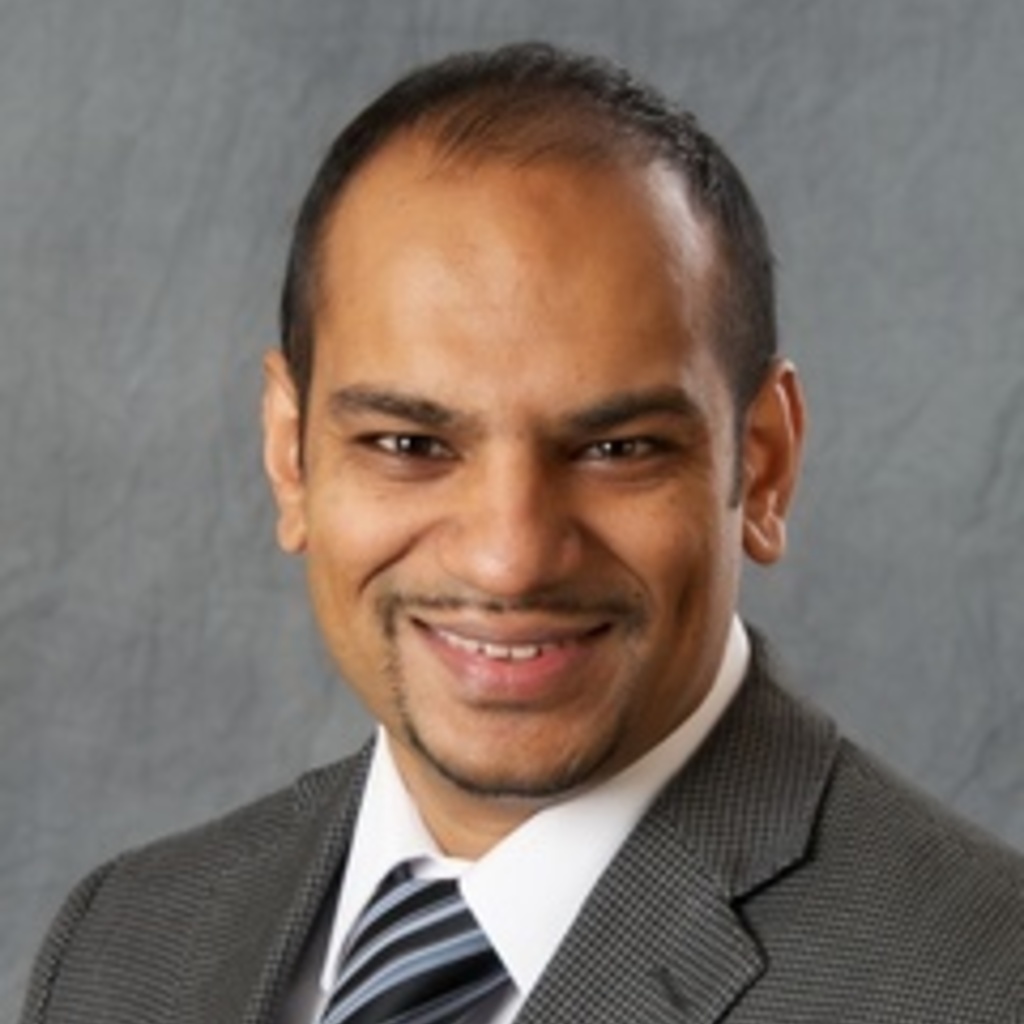Main navigation

Ready to take the next step?
Faculty







Aliasger Salem
Current research: The application of nanotechnology to enhancing cancer vaccine efficacy and to the development of scaffolds for regenerative medicine.

Miles Pufall
Example Graduate Elective Courses
CBE:3205 Introduction to Biochemical Engineering
Biochemistry, cellular biology, recombinant DNA and hybridoma technologies; emphasis on engineering aspects of biotechnology, including enzyme kinetics, cell growth kinetics, transport phenomena in bioreactors, bioreactor design, bioseparations, formulation and sterilization of growth media, commercial applications of biotechnology.
Offered spring semesters
STAT:3510 Biostatistics
Statistical concepts and methods for the biological sciences; descriptive statistics, elementary probability, sampling distributions, confidence intervals, parametric and nonparametric methods, one-way ANOVA, correlation and regression, categorical data.
PHAR:4740 Materials in Drug and Gene Delivery
Different types of materials used in drug and gene delivery including synthetic and natural polymers (poly lactic-co-glycolic acid and chitosan respectively); different forms of delivery systems including (but not limited to) liposomes, micelles, biodegradable nanoparticles, nondegradable nanoparticles, and solid porous scaffolds; applications of these material-based delivery systems from targeted chemotherapy to bone regeneration to vaccination applications.
CBE:5210 Bioseparations
Unit operations used to isolate and purify biologically-derived chemicals, including flocculation, filtration, centrifugation, extraction, adsorption, chromatography, precipitation, crystallization, electrophoresis and cell disruption for intracellular product recovery.
ACB:5218 Microscopy for Biomedical Research
Basic microscopy methods for research including optics, preparation, and analysis of biomedical specimens; light, fluorescence, confocal, transmitting electron, scanning electron, atomic force microscopes, elemental analysis; immunochemistry and stereology techniques; individualized laboratory instruction
CBE:5740 Engineering Principles of Drug Delivery
Fundamental concepts in drug delivery from an engineering perspective: delivery mechanisms; materials and formulations for drug delivery; drug modifications (prodrugs, PEGylation); engineering principles of controlled release and targeted delivery (nanoparticles, microparticles, polymer and lipid based systems); quantitative understanding of drug transport; significance of biodistributions and pharmacokinetic models; toxicity issues; immune responses.
OEH:6710 Human Toxicology and Risk Assessment
Sources, routes of absorption, effects of environmental toxicants affecting man; pathophysiology of toxicant actions, including those of air and water pollutants, metals, pesticides, solvents, food toxicants, chemicals.
BME:5445 Stem Cells in Regenerative Engineering
Discovery and history of stem cells, how they are defined and grouped, and various techniques for their isolation, creation, culture, and characterization; focus on current state of stem cells in medical research and treatment of human disease, as well as future outlook of their use; particular emphasis placed on practical knowledge that students may find useful as they pursue careers in cellular and tissue engineering. Prerequisites: BME:2400 or BIOL:2723.
Research Centers and Facilities
- Center for Biocatalysis and Bioprocessing
- Center for Gene Therapy of Cystic Fibrosis and Other Genetic Diseases
- Center for Health Effects of Environmental Contamination (CHEEC)
- Central Microscopy Research Facility
- Environmental Health Sciences Research Center
- Flow Cytometry Facility
- High Resolution Mass Spectrometry Facility
- High Throughput Screening Facility
- Holden Comprehensive Cancer Center
- Materials Analysis, Testing, and Fabrication (MATFab) Facility
- Office of Undergraduate Research
- Photopolymerization Center
- Writing Center



